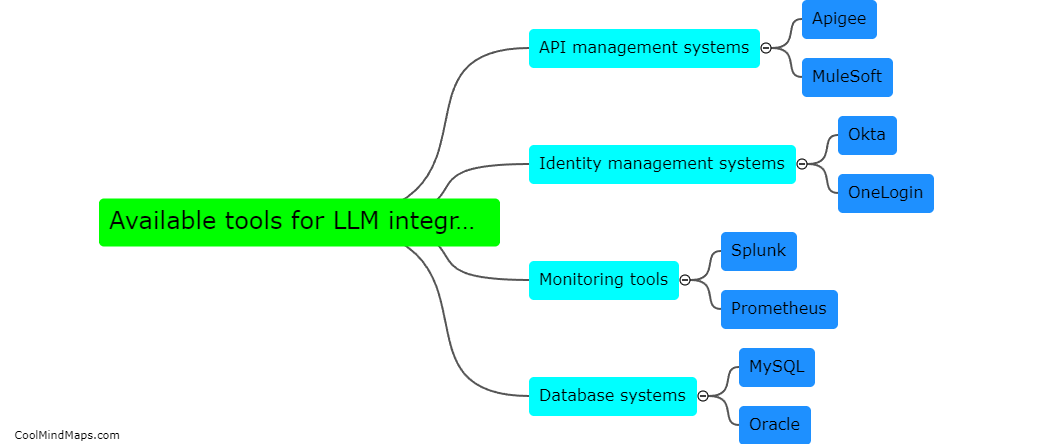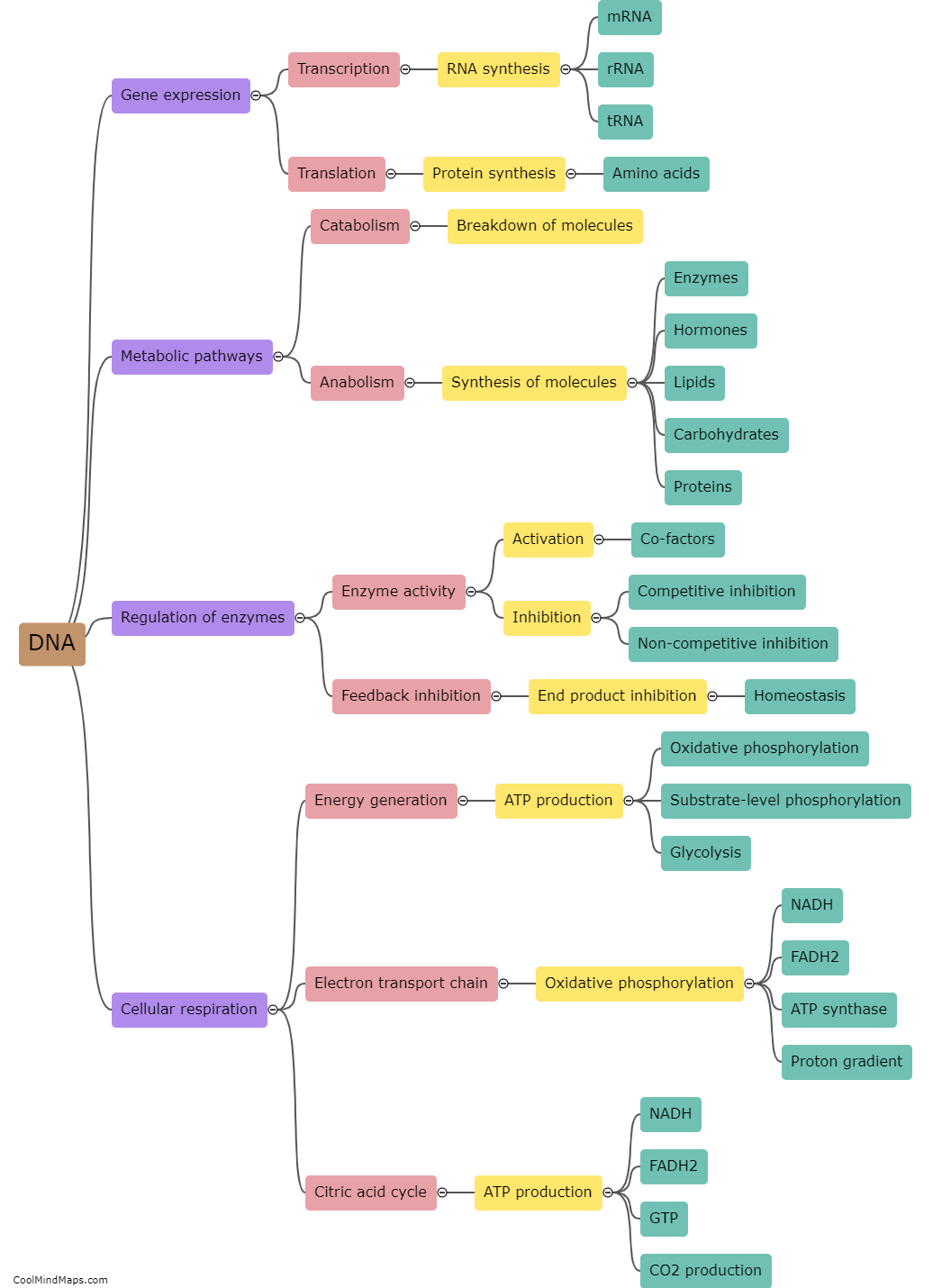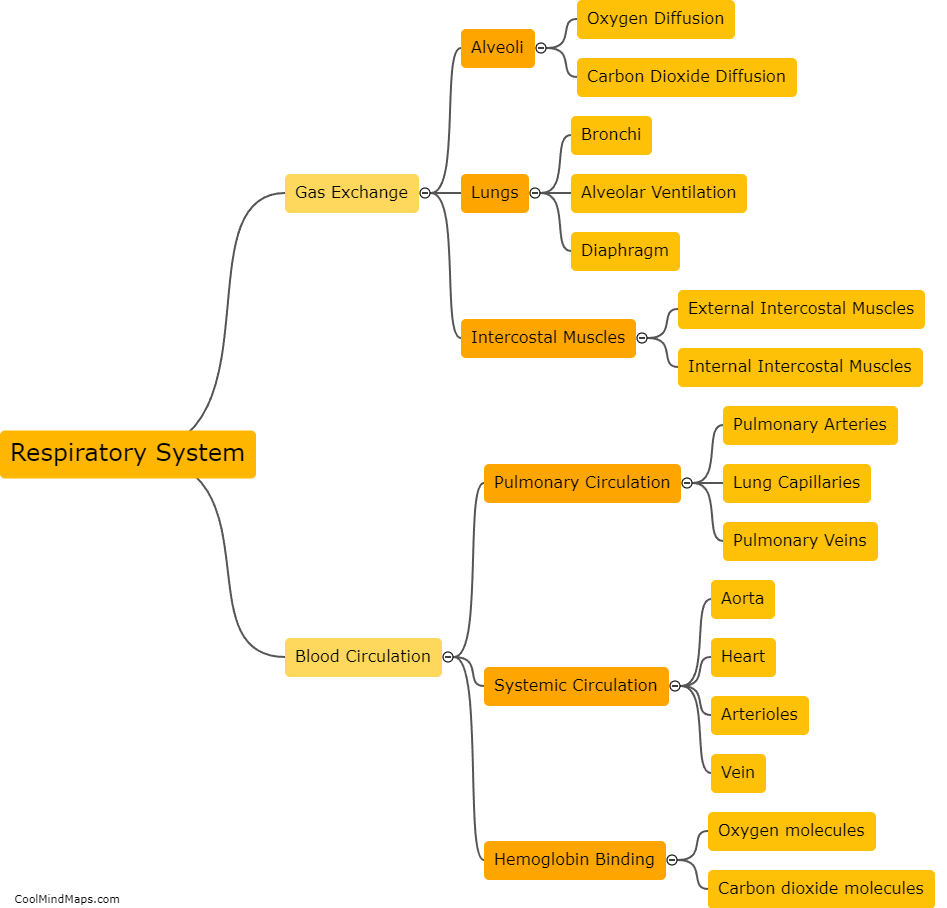What are the key principles of effective school management?
Effective school management is crucial for creating a conducive learning environment and ensuring students' holistic development. Key principles include strong leadership, efficient planning, effective communication, collaborative decision-making, and continuous improvement. Strong leadership entails establishing a clear vision, setting high expectations, and providing support to both teachers and students. Efficient planning involves setting clear goals, allocating resources effectively, and developing curriculum and assessment strategies aligned with educational standards. Effective communication involves fostering open and transparent communication channels among all stakeholders, including parents and the wider community. Collaborative decision-making involves involving all relevant parties in making decisions to enhance shared ownership and commitment. Lastly, continuous improvement entails regular evaluation, professional development opportunities, and adapting strategies based on data-driven insights, ensuring schools are continuously progressing and meeting the changing needs of students and the broader society. By adhering to these principles, educational institutions can effectively manage their resources, nurture a positive school climate, and ultimately enhance students' academic and personal growth.

This mind map was published on 27 November 2023 and has been viewed 94 times.











